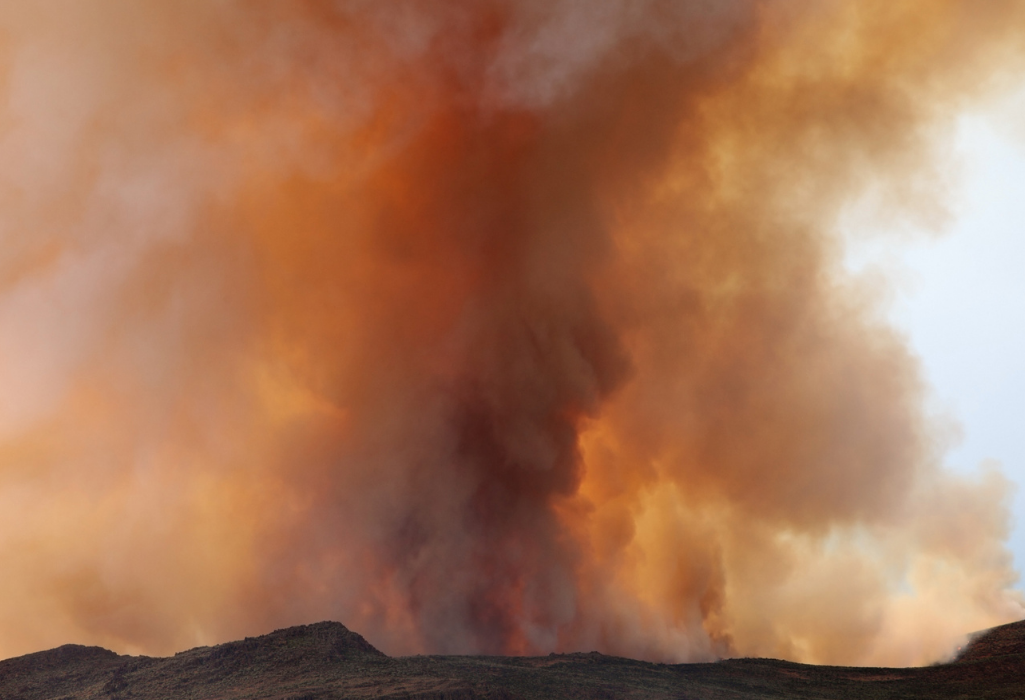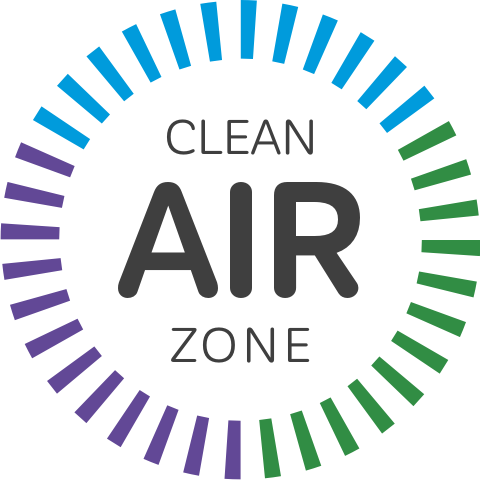In the roots of summer, there comes bright sunny weather and of course everybody’s favorite, vacation. Summer may be all sunshine and planned destinations, however mid-July to October is wildfire season.
Blazing hot red and orange flames engulfs the sky near areas of the west coast. Not long after, debris and smoke can travel as far as 2000 miles across the U.S. to infiltrate the east coast. Wildfires occur mostly in vegetative areas containing forests, grasslands, and savannahs. Dryer climates are susceptible to wildfires.

Causes can be classified into two categories:
- Natural occurrence
- Man-made-spark
The effects of climate change attributes to the fluctuation of weather conditions. June 2021 was recorded to be the fifth warmest June since 1880. Rising temperatures can cause devastations such as droughts. Dry and lack of humidity is the perfect recipe for a wildfire.
Over the course of summer 2021, east coast states such as New York and Virginia experienced an alarming concern of poor air quality. New York being one of the worst, where Manhattan reported a staggering 157 air quality index as opposed to the average 100. While Virginia issues a Code Orange/Unhealthy Class near the north and central Virginia issued high end Code Yellow/Moderate Class. These are due to the smoke flown from the western wildfires.
Wildfire smoke contains fine particles small enough to penetrate in your lungs. Over time, these microscopic particles can complicate respiratory functions. Smoke also releases carbon monoxide, CO. Odorless and colorless, the danger of the gas reduces the amount of oxygen delivered to the body’s organ. Headaches, nausea, and dizziness are a result of CO. High concentrations of smoke can also lead to death.
On assumption, older people living in the west coast are at high risk of further complications to their respiratory health. Many nursing homes do not have adequate HVAC systems. Some may even be outdated. With a lack of good air circulations, elderly in contact with smoke could trigger asthma attacks, heart attacks or a stroke.
Climate in the western region of the United States is noticeably dry and dusty. Even too much dust could increase irritations or allergens developing in elderly individuals. Utilizing an effective HVAC system(s) alone is not enough to combat the dangerous effects of smoke or dust on a human’s immune system. At Clean Air Zone (CAZ), it is our mission to improve air quality for not only the healthy but the immunocompromised such as the elderly – and the only way to truly do so is to pair a traditional system in addition to a Clean Air Zone filtration system.

